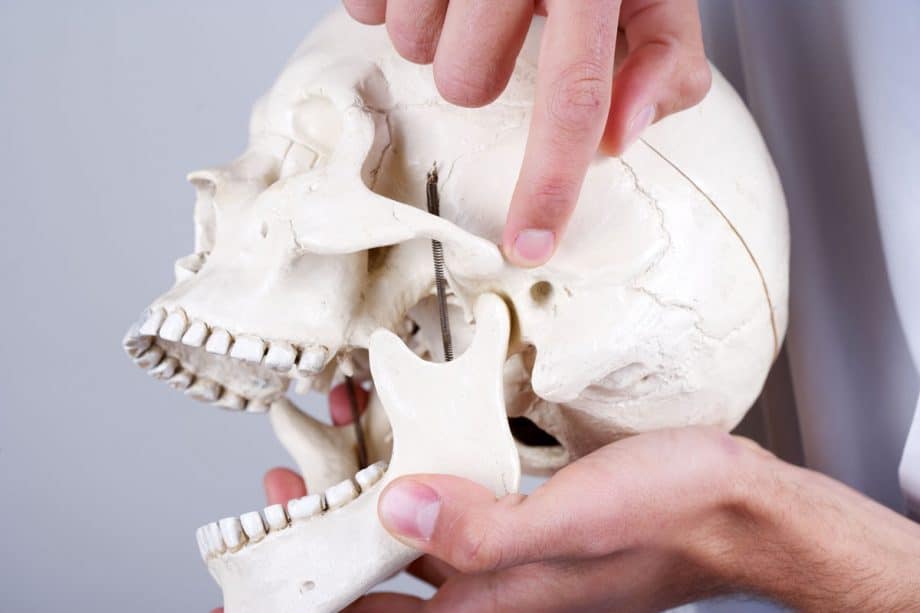The temporomandibular joints, or TMJ, perform the important function of connecting each side of your jaw to your skull. You might not think about these joints very often, if at all, but you use them frequently—when you eat, yawn, talk, or simply shift the position of your jaw a bit, your TMJ act as sliding hinges to allow these movements. Given how often you use them, it’s easy to see how dysfunction in these joints can cause a great deal of discomfort.
Defining TMJ
First, it’s important to clarify that TMJ is shorthand for the temporomandibular joints. Everyone has TMJ, but not everyone has TMJ disorder—this is the term used to describe dysfunction in these joints. To make things even more confusing, TMJ disorder is often referred to as TMD.
TMJ disorder can be placed into one of three categories. These include:
- Myofascial pain – This is pain that originates in the muscles surrounding the TMJ, rather than the joints themselves. Teeth grinding and jaw clenching are common causes.
- Internal derangement of the joint – Derangement can be caused by an injury to the condyle, a dislocated jaw, or a displaced disc.
- Arthritis – We’re all familiar with how arthritis attacks joints in the knees and wrists, but it can also affect the temporomandibular joints.
Symptoms of TMJ Disorder
TMJ disorder can be difficult to diagnose because it shares symptoms with a number of other conditions. A patient may suffer from chronic headaches for years before realizing that these headaches originate in the TMJ. Some signs that you might have TMD include:
- Headaches and migraines
- Facial tenderness, especially around the jaw and cheeks
- Earaches or feelings of fullness in the ears
- Tightness in the jaw
- Popping and clicking when eating or opening your mouth
- Locking of the jaw
- Pain when eating
Causes of TMJ Disorder
Treatment for TMJ disorder begins by determining the underlying cause. If, for example, your TMD is caused by arthritis, we will work in collaboration with your rheumatologist to help alleviate your symptoms and treat the root cause of your pain.
TMJ disorders caused by injury often require a different approach than TMD that involves myofascial pain, which is the most common type of TMD. When TMJ pain comes from the muscles surrounding the joints, it’s often because of a teeth grinding or jaw clenching habit, also known as bruxism. Bruxism usually occurs during sleep, so many patients don’t even realize they’re grinding their teeth or clenching their jaws, but Dr. Patel can look at your teeth and identify signs of these habits.
Bruxism and the TMJ pain associated with it can be treated with a custom nightguard, which has the dual purpose of relieving pressure on the temporomandibular joints and physically preventing you from grinding your teeth.
Learn More About TMJ Disorder Treatment
If you suspect you have temporomandibular joint disorder and would like to meet with Dr. Patel for a consultation, contact us today at 949-916-7800 to schedule an appointment at Aliso Smiles.

